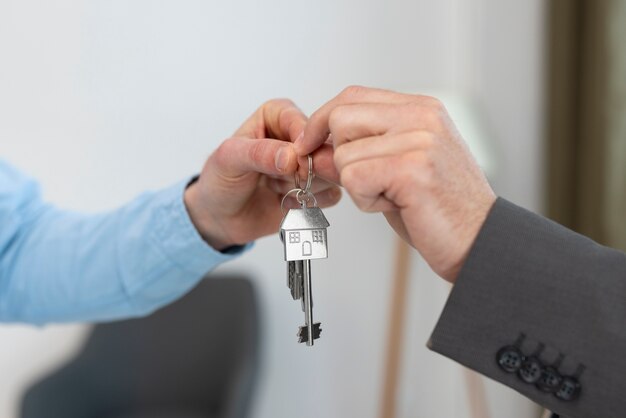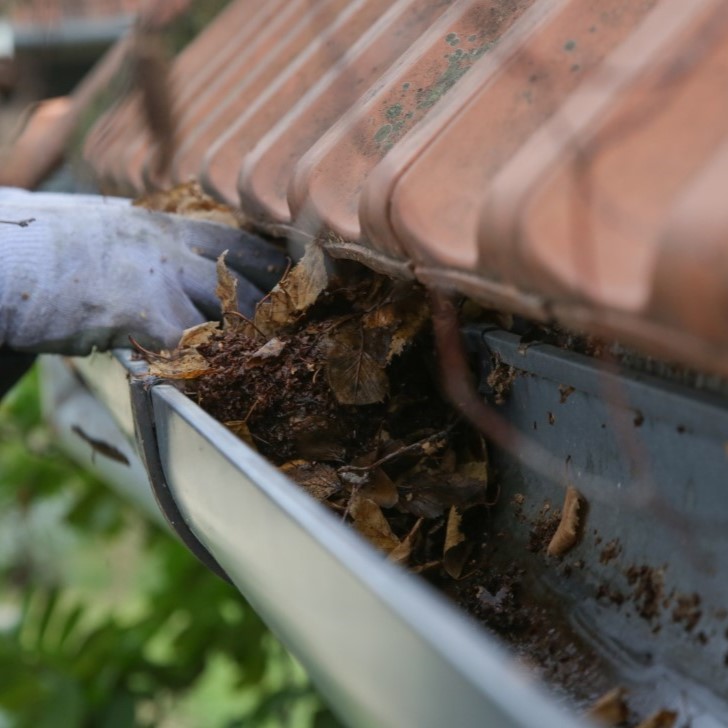Top tips for tenants

5 Top Tips We Share With Tenants
We take pride in representing you and your property – you have instilled trust in our processes, people and business. Part of our processes is working with our tenants so they look after your property as you would. This is broadly what we go through with them.
Being a good tenant means not only respecting the property you’re renting, but also managing it responsibly to ensure it stays in good condition – it makes it nicer to live in for you in the long run! While landlords have their share of responsibilities, tenants have some too, and can play a significant role in keeping everything running smoothly.
To avoid unnecessary complications, here are the top five tips we share with our tenants to make renting a stress-free experience for everyone:

1. Use the Thermostat Wisely: Set Proper Timings
Managing your thermostat isn’t just about keeping the property warm—it’s also about energy efficiency and maintaining the property’s condition. Letting agents frequently advise tenants to set the thermostat on a timer, keeping the heating consistent rather than turning it off and on sporadically.
Fluctuating indoor temperatures can lead to dampness or condensation issues, especially in colder months. Keeping the property at a steady, moderate temperature is better for the structure and helps tenants save on energy bills. For example, setting the thermostat to a lower but consistent temperature while you’re out during the day and increasing it when you’re home can strike the right balance.
2. Manage Mould and Condensation: Air the Property Regularly
Mould and condensation are common issues in rented homes, especially during colder months. While various outlets often provide advice on preventing these problems, we remind tenants that proper ventilation is key to maintaining a healthy living environment.
Simple practices like opening windows for 10-15 minutes daily, using extractor fans in bathrooms and kitchens, and not drying clothes indoors without adequate ventilation can significantly reduce moisture buildup. If condensation is left unchecked, it can lead to mould growth, which not only damages the property but can also impact tenants’ health.
It’s a good idea for tenants to wipe away condensation on windows and walls when they notice it. Using a dehumidifier in problem areas can also help keep moisture levels under control.


3. Keep Gutters Clear: A Tenant’s Responsibility
In many rental agreements, maintaining clear gutters is listed as the tenant’s responsibility. Clogged gutters can cause water overflow, which can damage the property’s walls, foundations, and exterior.
Letting agents often recommend that tenants check the gutters periodically, particularly after autumn when fallen leaves can accumulate. Clearing gutters may sound daunting, but it can usually be managed with minimal effort, especially for properties with easily accessible guttering.
For tenants who feel uncomfortable handling the task themselves, hiring a professional is a simple and cost-effective solution. A clear gutter system ensures proper drainage and prevents unnecessary maintenance costs, which can ultimately benefit everyone involved.
4. Keep the Heating On Low While You’re Away
If you’re planning to leave the property for an extended period, such as during holidays or work trips, it’s essential to keep the heating on low rather than turning it off entirely. We emphasise this point to tenants because unheated properties can experience several issues, including frozen pipes and increased condensation.
Setting the thermostat to a low temperature—around 12-15°C—ensures that the pipes stay warm enough to avoid freezing, which could otherwise lead to burst pipes and costly repairs. Additionally, maintaining a low heat helps to prevent excessive moisture buildup, which could lead to damp and mould problems.


5. Report Issues Promptly
One of the most important tips we give tenants is to report any maintenance or repair issues to us as soon as they arise. Ignoring small problems, such as a leaky tap or a broken appliance, can lead to more significant and expensive issues down the line.
Prompt reporting allows us and the landlord to address problems quickly, minimising potential damage and ensuring the property remains safe and comfortable for you. Many tenants hesitate to raise concerns, thinking they might inconvenience the landlord, but timely communication benefits everyone.
Keeping a clear record of reported issues and any actions taken is also a good practice, as it ensures accountability and transparency throughout the tenancy.
Why These Tips Matter
By following these tips, tenants can maintain a more comfortable place to live, a positive and proactive relationship with the letting agent, and it also helps in avoiding unnecessary disputes or charges. Here’s why they’re particularly valuable:
-
- Saving Money- Efficient heating practices and preventing costly repairs benefit both tenants and landlords financially.
- Protecting Health – Maintaining a well-ventilated, mould-free home creates a healthier living environment.
- Preventing Damage – Addressing issues like mould, condensation, and gutter maintenance proactively reduces wear and tear on the property.
- Improving Communication – Reporting issues promptly builds trust between tenants and landlords, making the relationship smoother for everyone.
Bonus Tip: Know Your Responsibilities
Every tenancy agreement outlines specific responsibilities for both tenants and landlords. Reading the agreement carefully ensures tenants understand what’s expected of them and avoids surprises.
For example, while major structural repairs are typically the landlord’s responsibility, tenants might be expected to handle smaller tasks like replacing light bulbs, checking smoke alarms, or maintaining garden areas. All these details are confirmed upfront and in writing so there are no surprises for any party involved and it prevents misunderstandings all around.
Final Thoughts
Being a good tenant goes beyond paying rent on time—it’s about treating the property with care and taking proactive steps to prevent problems. By following these five tips, tenants can enjoy a great rental experience.
At Urpad, we are the intermediary. We provide tenants with guidance on maintaining the property and managing common issues, and we also advise landlords and property owners on how to make their tenants’ rental experience as nice as possible too. With clear communication and a commitment to good practices, tenants and landlords can foster a positive and mutually beneficial relationship.
